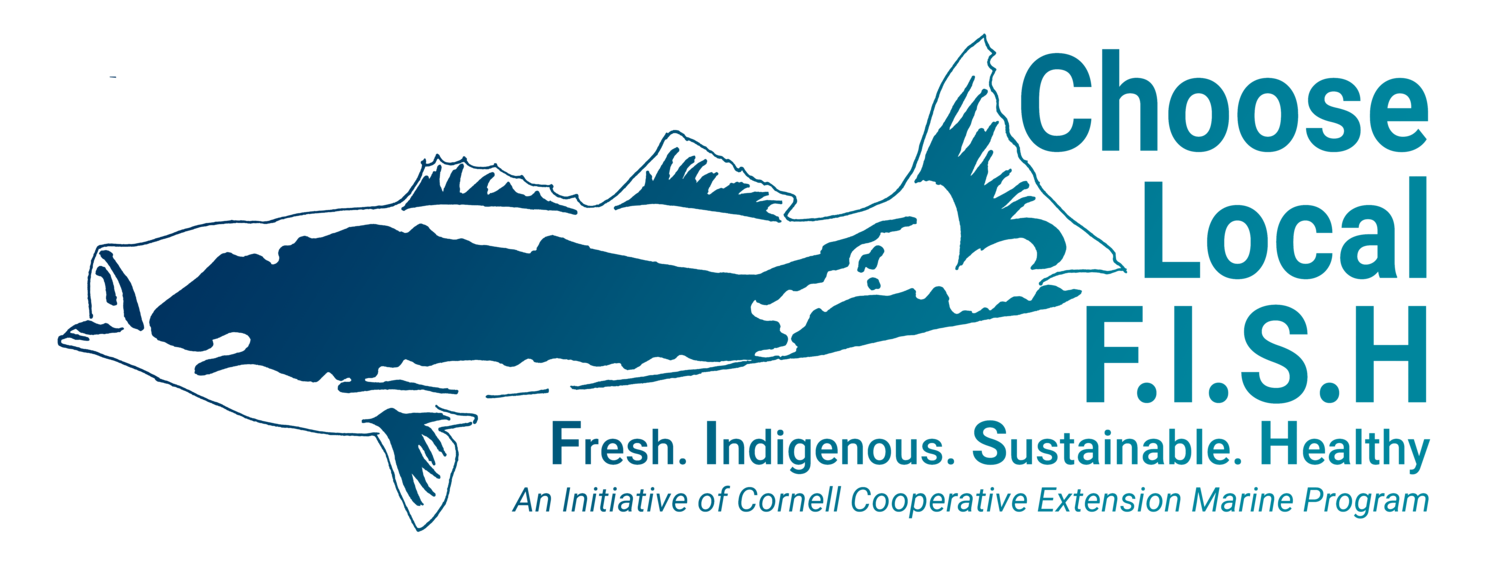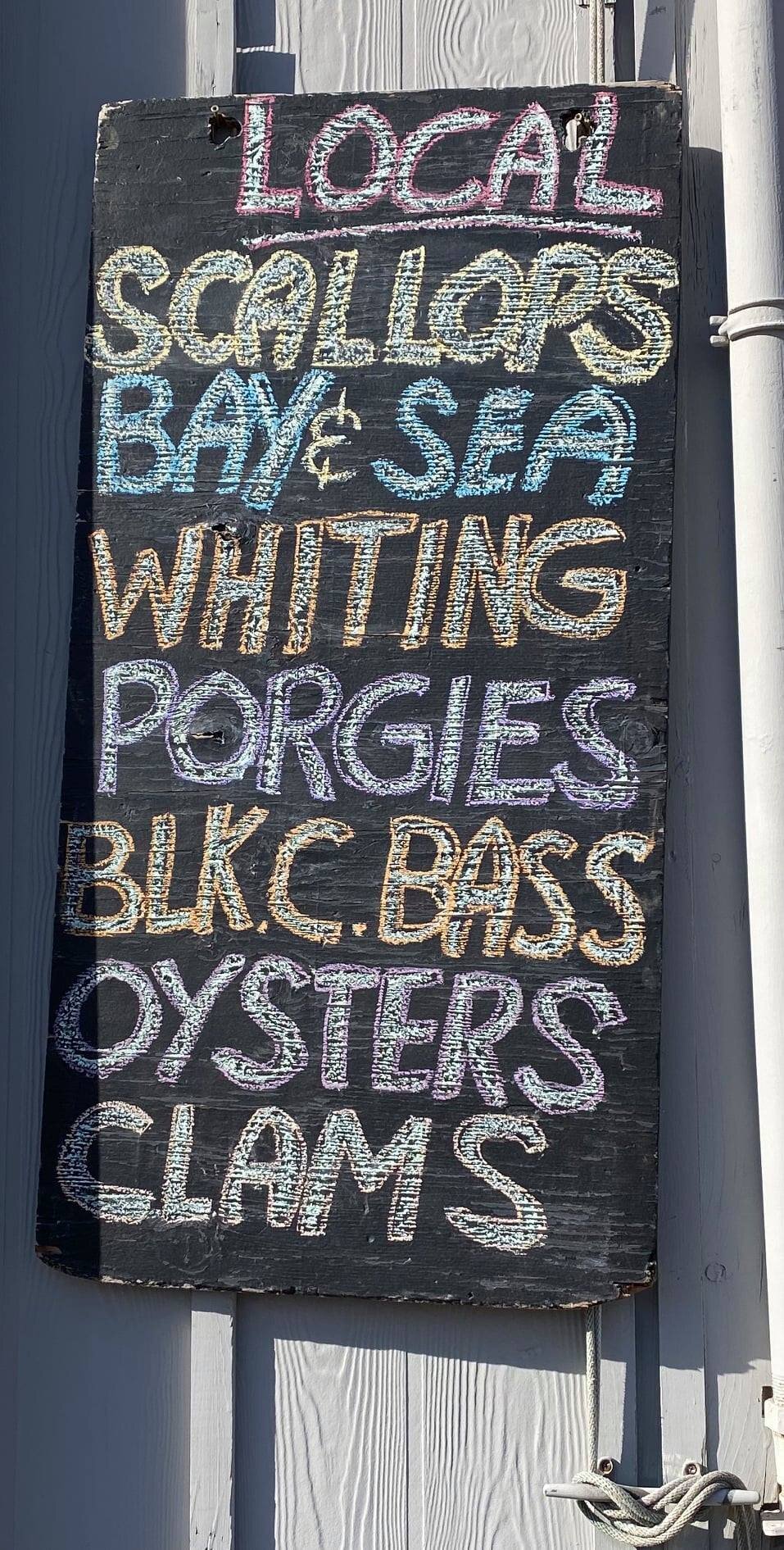Featured Recipe - Lime Cilantro Jalepeno Whole Roasted Black Sea Bass
We’re sure many of you have cooked fish filets or steaks in the past, but have you ever prepared whole roasted fish? Although preparing whole fish can be intimidating to some, this method of preparation has been used for centuries. Keeping the fish whole will ensure that the flesh remains nice and moist and less likely to dry out. And to top it all off, it is very easy to prepare. We use black sea bass in this recipe but you can use many other local species as well! Let’s see how Culinary Nutritionist, Stefanie Sacks, does it!
Featured Species - Black Sea Bass
From NOAA FISHERIES:
“The black sea bass fishery in the U.S. operates from Maine to Florida. Black sea bass are found in association with structured habitats. They migrate offshore and south in the fall, returning north and inshore to coastal areas and bays in spring. The black sea bass fishery predominantly uses trawls or rod and reel, but other gear includes longline, handline, pot, trap, gillnet, spear, and dredge. The market for black sea bass is for human consumption. U.S. wild-caught black sea bass is a smart seafood choice because it is sustainably managed and responsibly harvested under U.S. regulations.”
Featured Fish Market - The Clamman (Southampton)
Our Fish Market of the Week is The Clamman in Southampton.
The CLAM MAN is a full service seafood market, specialty grocery store, kitchen and caterer specializing in clambakes. Right now they have local fluke, flounder, sea scallops, cod, clams and oysters. They also carry delicious sides, salads, soups, produce and more. Stop by and pick up everything you need for tonight's seafood dinner.
The Clam Man is located at 235 North Sea Road in Southampton. Call 631-283-6669
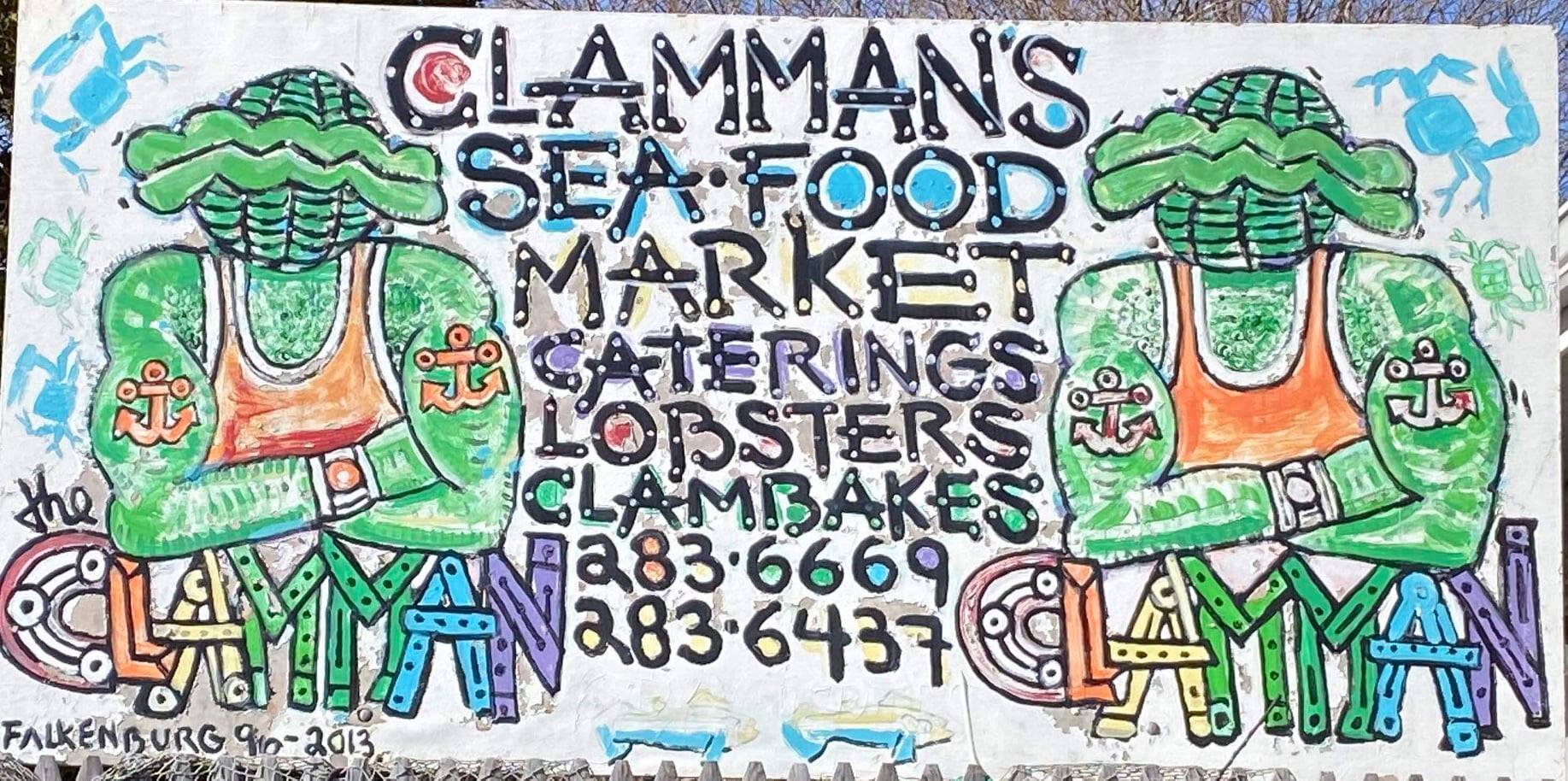
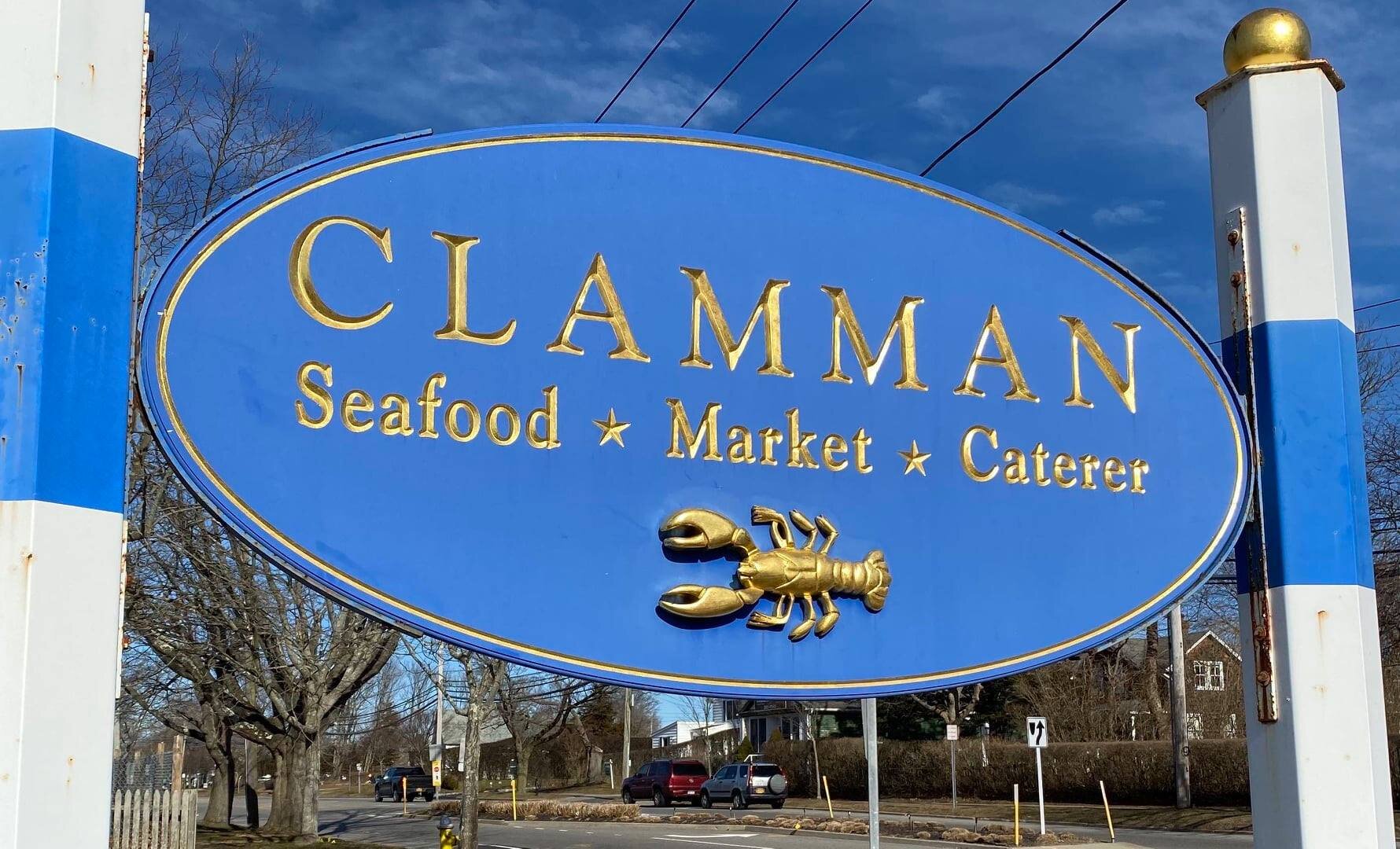
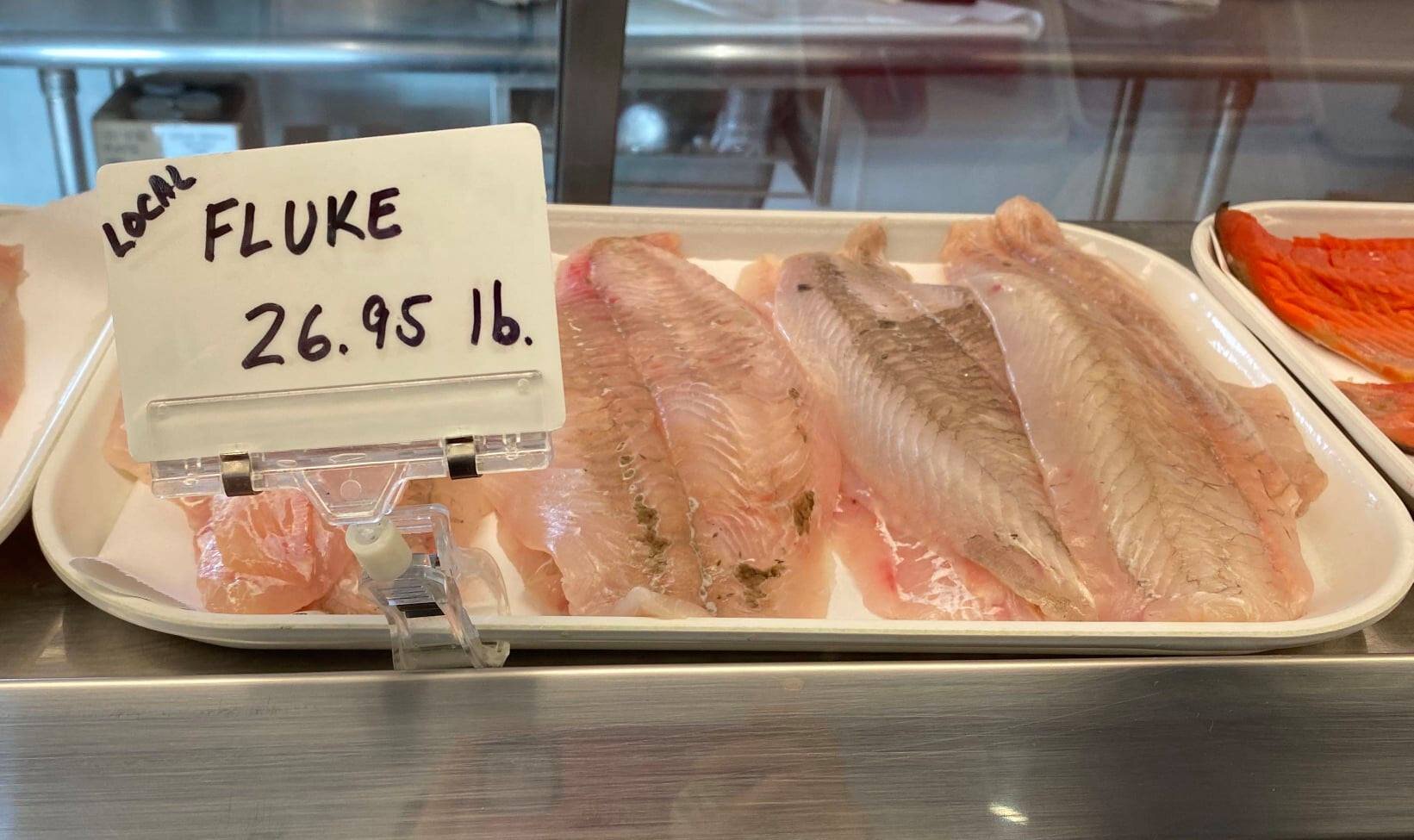
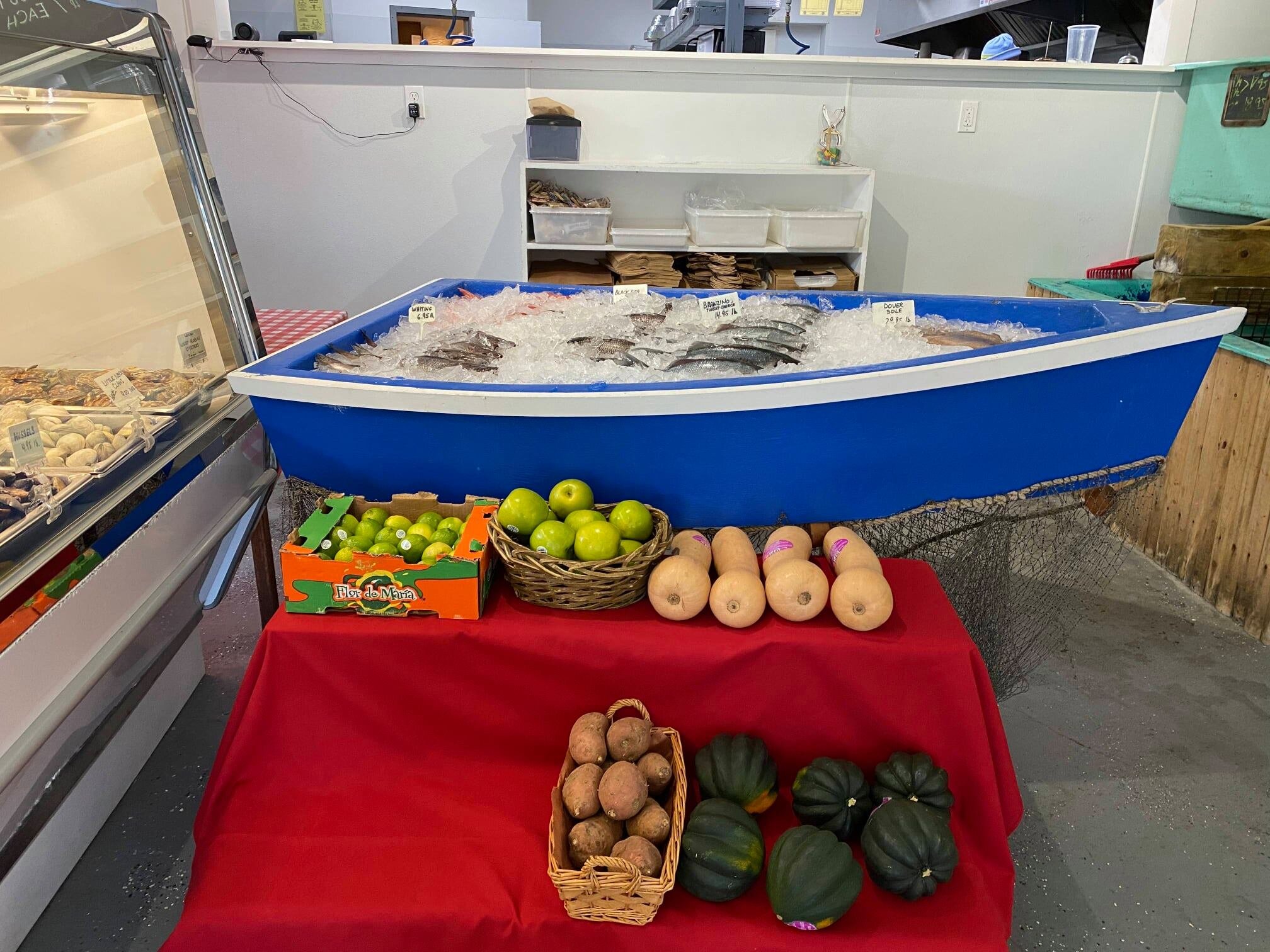
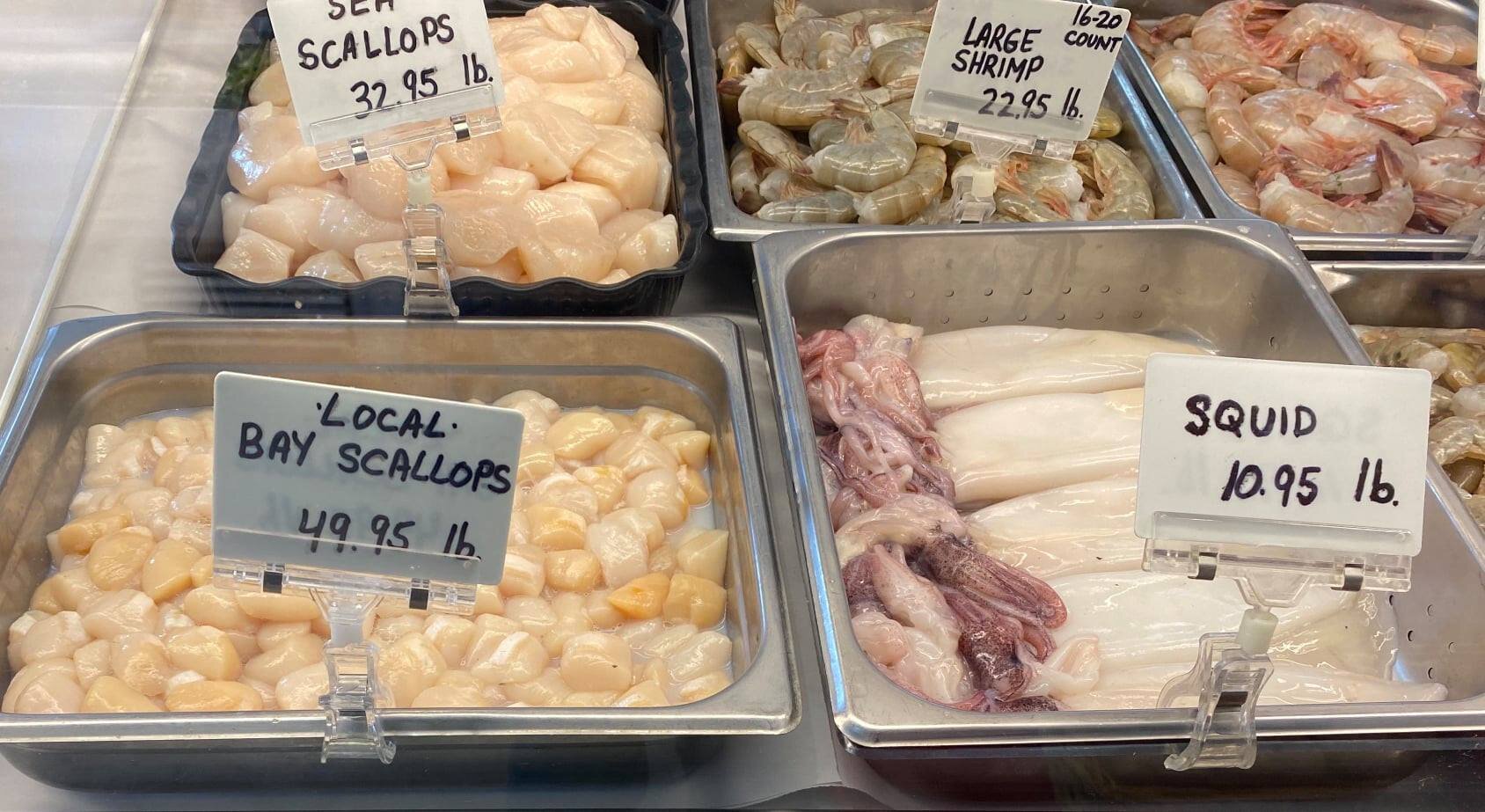
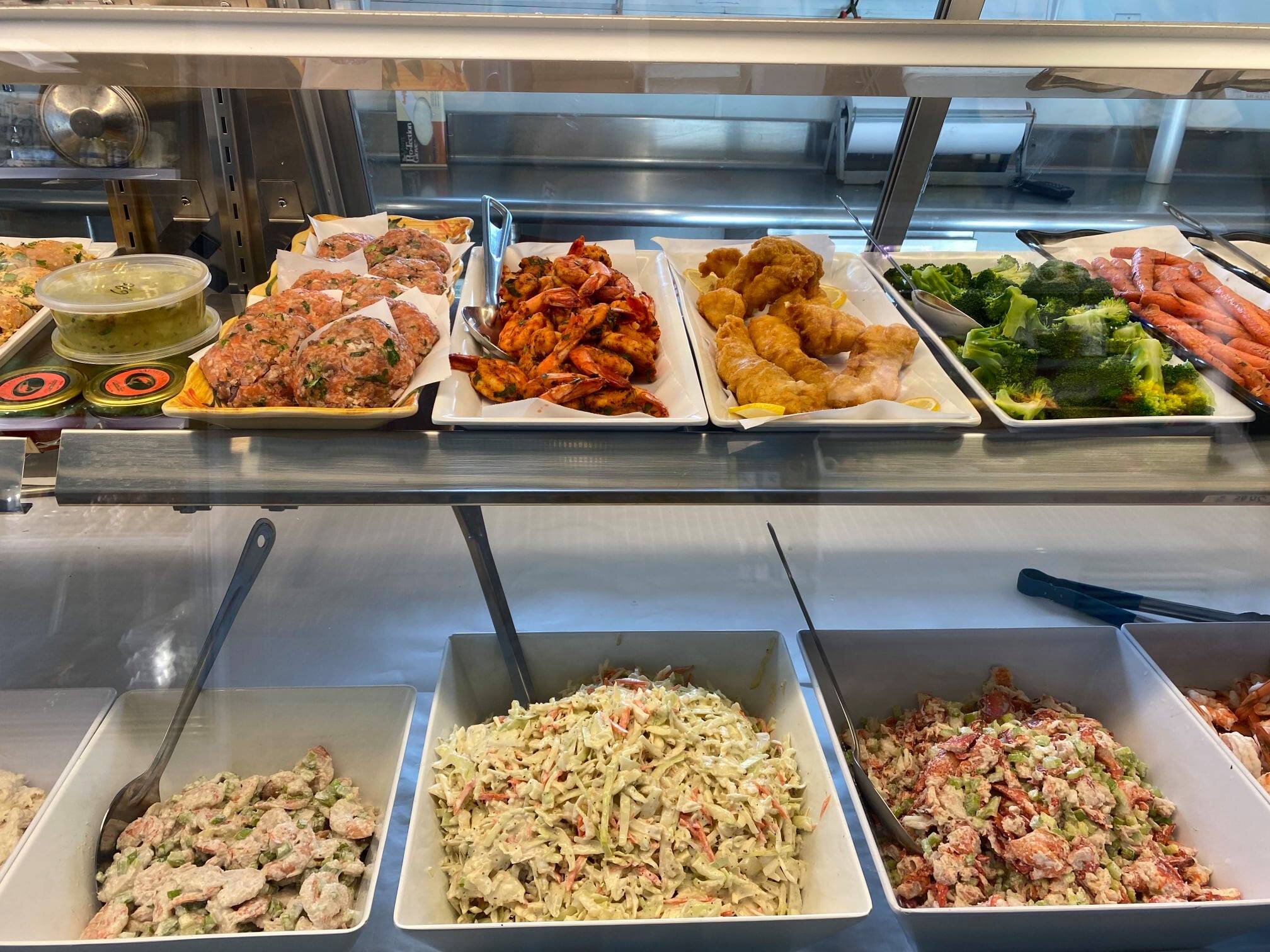
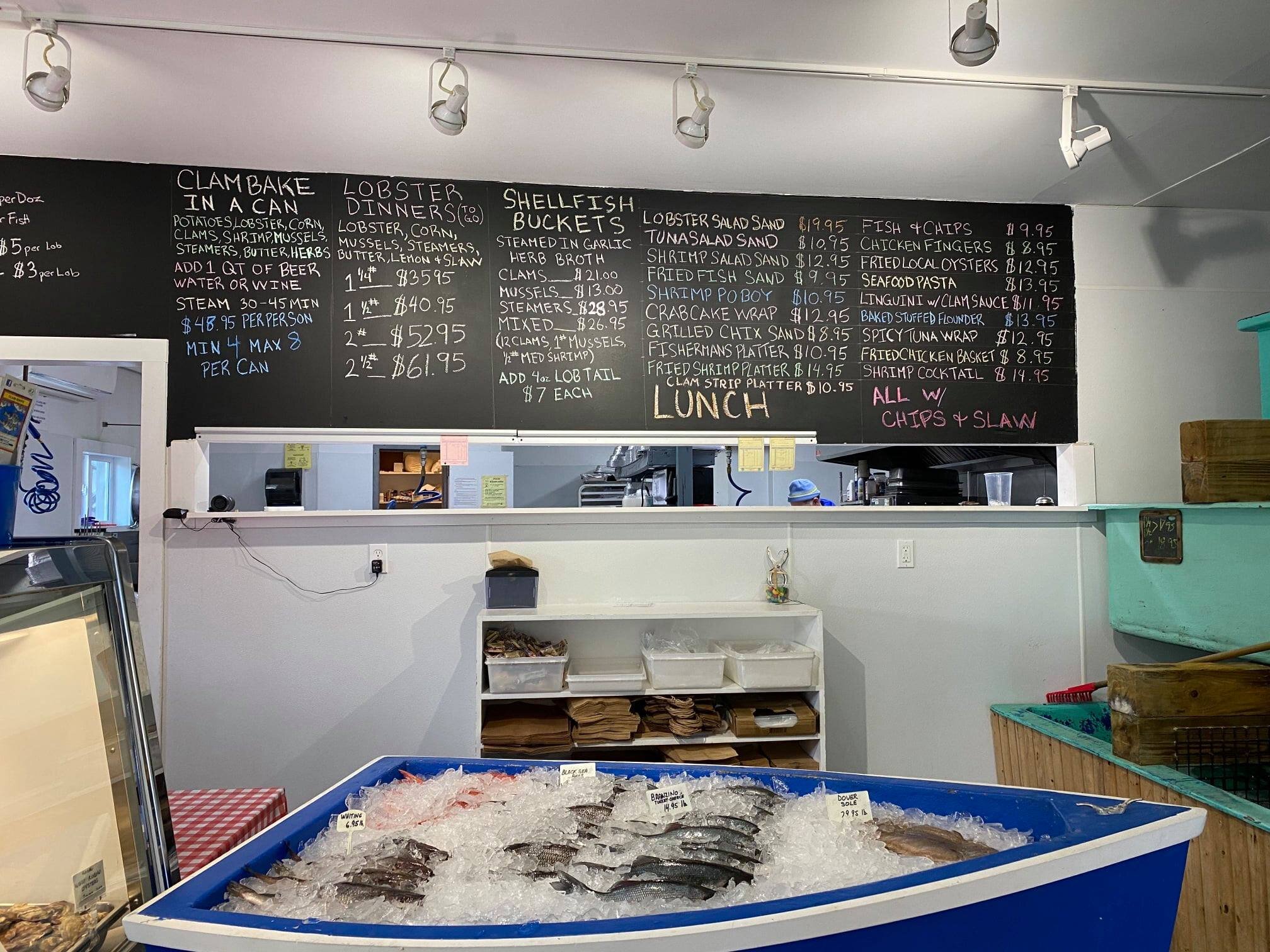
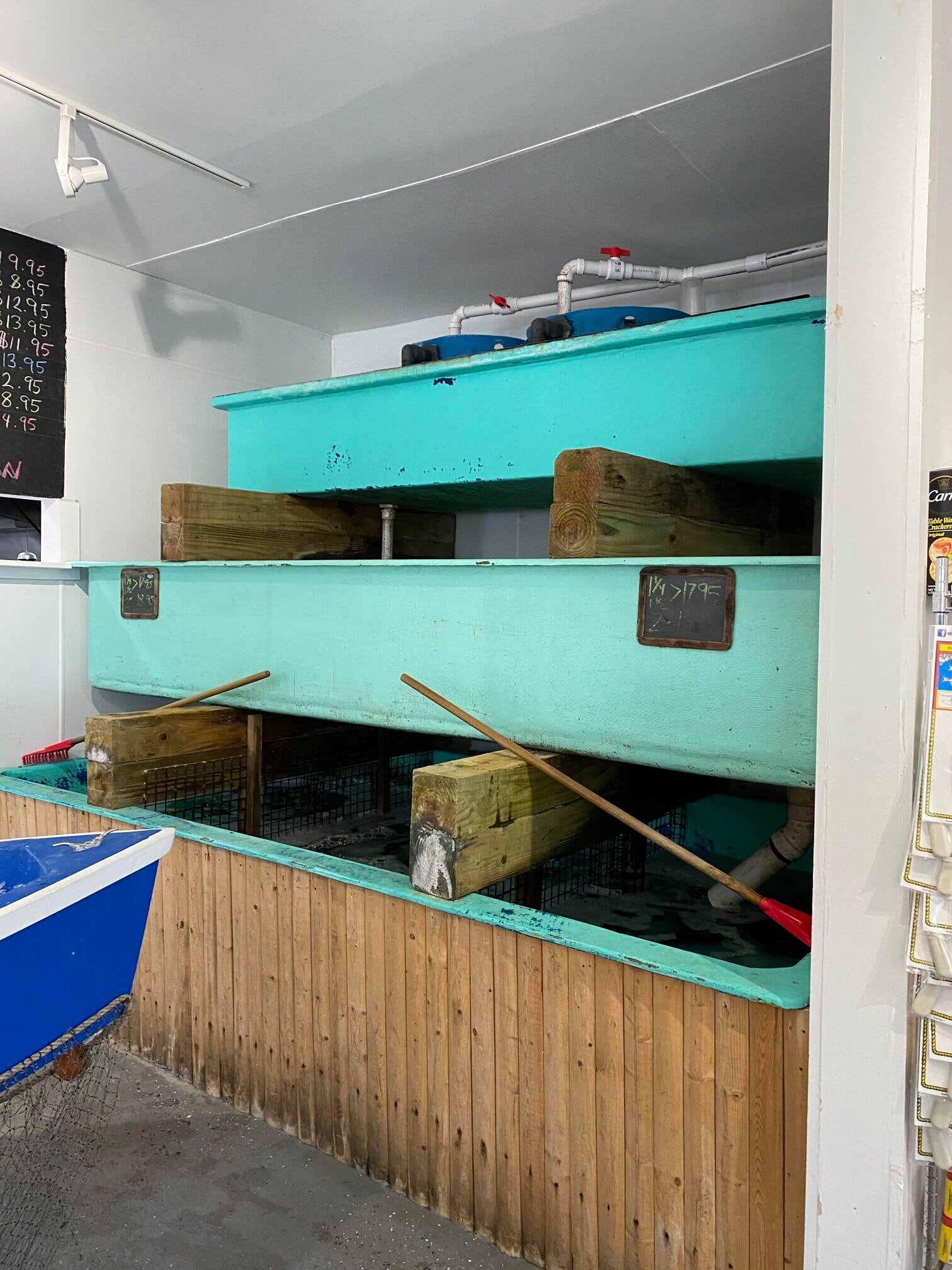
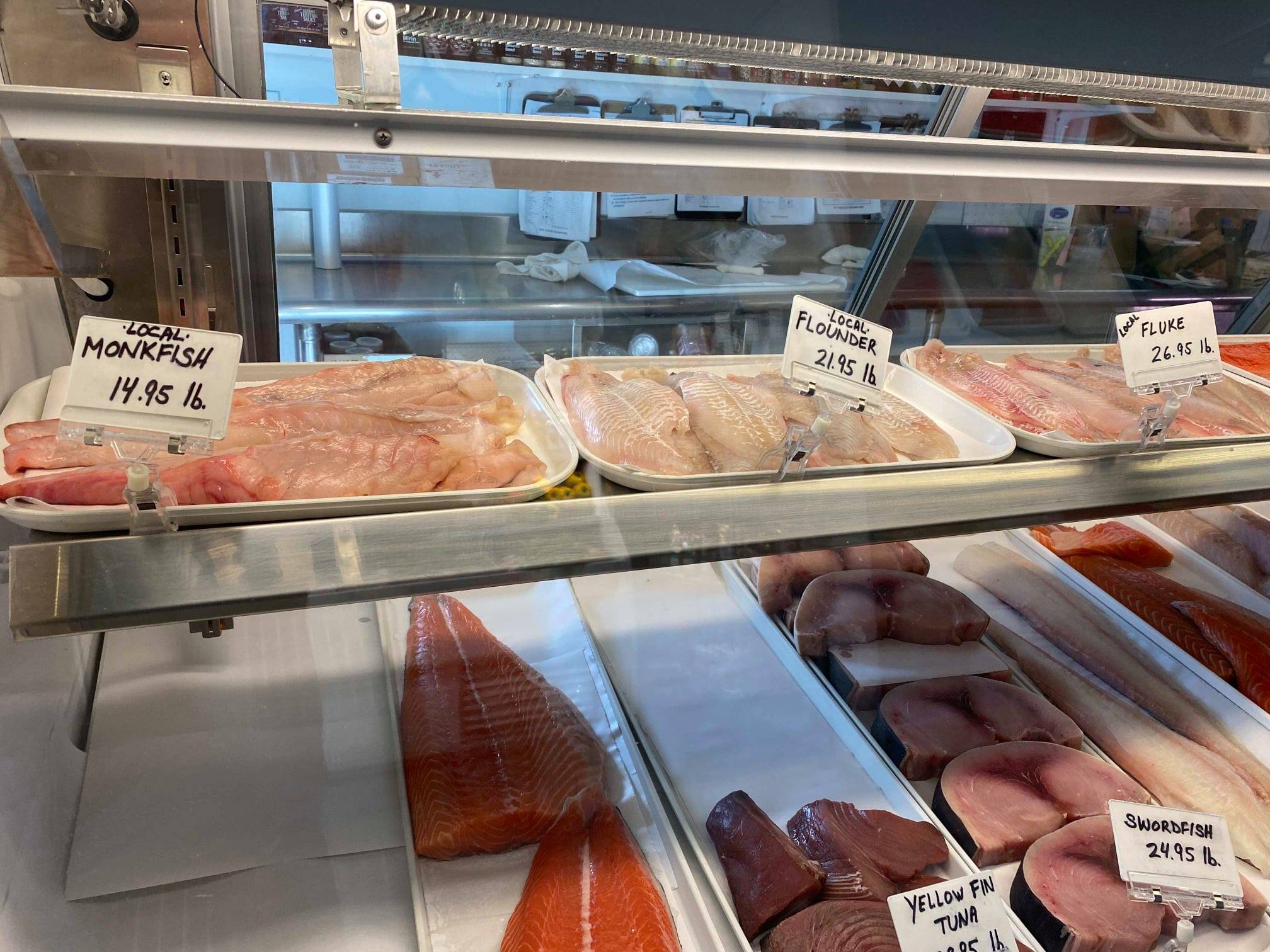
Featured Cornell Fisheries Team Project - Derelict Lobster Pot Removal Program
We here at the Cornell Cooperative Extension Fisheries Team do more than promote Local F.I.S.H. We have several projects that we are working on at the same time! Today we’re highlighting our derelict lobster removal program.
Since 2010, Cornell Cooperative Extension’s (CCE) Marine Program has conducted several research projects to remove derelict/abandoned lobster traps in the Long Island Sound (LIS) at the ports of Mattituck, Mount Sinai and Northport. The successes of the projects were manifested through the cooperation of the lobster industry through the completion of surveys, planning sessions of operation field plans, and executing the fieldwork. These programs proved that a substantial quantity of derelict lobster traps have accumulated in the LIS and need to be removed.
While these traps not only contribute to the ongoing problems associated with marine debris, a significant number of them are still catching lobsters and are thus adding to the “fishing effort” for lobsters in LIS. CCE data shows that 20% of the derelict lobster traps recovered had one or more lobsters in them and of this 20%, 4% of the lobsters were dead. This is known as “ghost fishing”.
